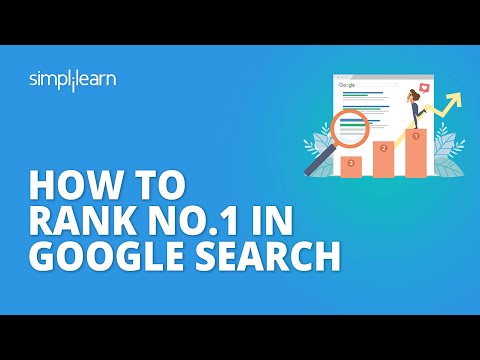SEO on Your Own: How to Optimize Your Site Like a Pro

Optimizing your website for search engines doesn’t have to be complicated or expensive. With the right approach, you can handle SEO on your own and achieve professional-level results. In this guide, we’ll explore step-by-step strategies to help you optimize your site like a pro.
1. Start with Comprehensive Keyword Research
Keyword research is the backbone of any successful SEO campaign. Use tools like Google Keyword Planner, Ahrefs, or SEMrush to identify high-traffic, low-competition keywords. Focus on long-tail keywords that are specific to your niche. Incorporate these keywords naturally into your content, titles, and meta descriptions.
2. Optimize Your Website’s Technical SEO
Technical SEO ensures that your website is easy to crawl and index. Key steps include:
- Improving site speed by compressing images and using caching plugins.
- Ensuring your website is mobile-friendly.
- Creating an XML sitemap and submitting it to Google Search Console.
- Fixing broken links and optimizing your site’s structure.
3. Create High-Quality, Engaging Content
Content is the cornerstone of SEO. Write detailed, informative, and engaging articles that provide value to your audience. Use a mix of text, images, and videos to make your content more appealing. Don’t forget to include internal links to other relevant pages on your site and external links to authoritative sources like SEO Tor Blog.
4. Build a Strong Backlink Profile
Backlinks are a critical ranking factor. Focus on acquiring high-quality backlinks from reputable websites in your niche. You can do this by:
- Guest posting on industry blogs.
- Creating shareable content like infographics and guides.
- Using tools like SEO Tor to streamline your backlink-building process.
5. Optimize for Local SEO
If you run a local business, local SEO is essential. Claim your Google My Business listing, optimize it with accurate information, and encourage customers to leave reviews. This will help you rank higher in local search results and attract more customers.
6. Monitor and Analyze Your Performance
SEO is an ongoing process. Use tools like Google Analytics and Google Search Console to track your website’s performance. Monitor key metrics such as organic traffic, bounce rate, and keyword rankings. For more advanced insights, consider enrolling in SEO courses to enhance your skills.
7. Stay Ahead of SEO Trends
SEO is constantly evolving, so it’s important to stay updated with the latest trends and algorithm changes. Follow reputable SEO blogs and forums to keep your knowledge up to date. This will help you adapt your strategies and maintain your competitive edge.
By following these strategies, you can optimize your website like a pro and achieve higher rankings in search engine results. Remember, SEO is a long-term investment, so stay consistent and patient.
]]>



![Roblox Digital Gift Card - 2,500 Robux [Includes Exclusive Virtual Item] [Digital Code]](https://nbanner.link/img/B07RX6FBFR.jpg)